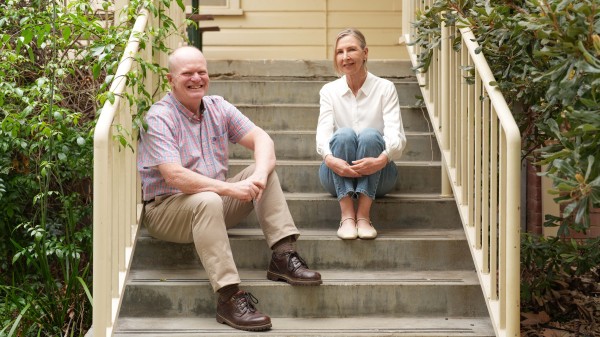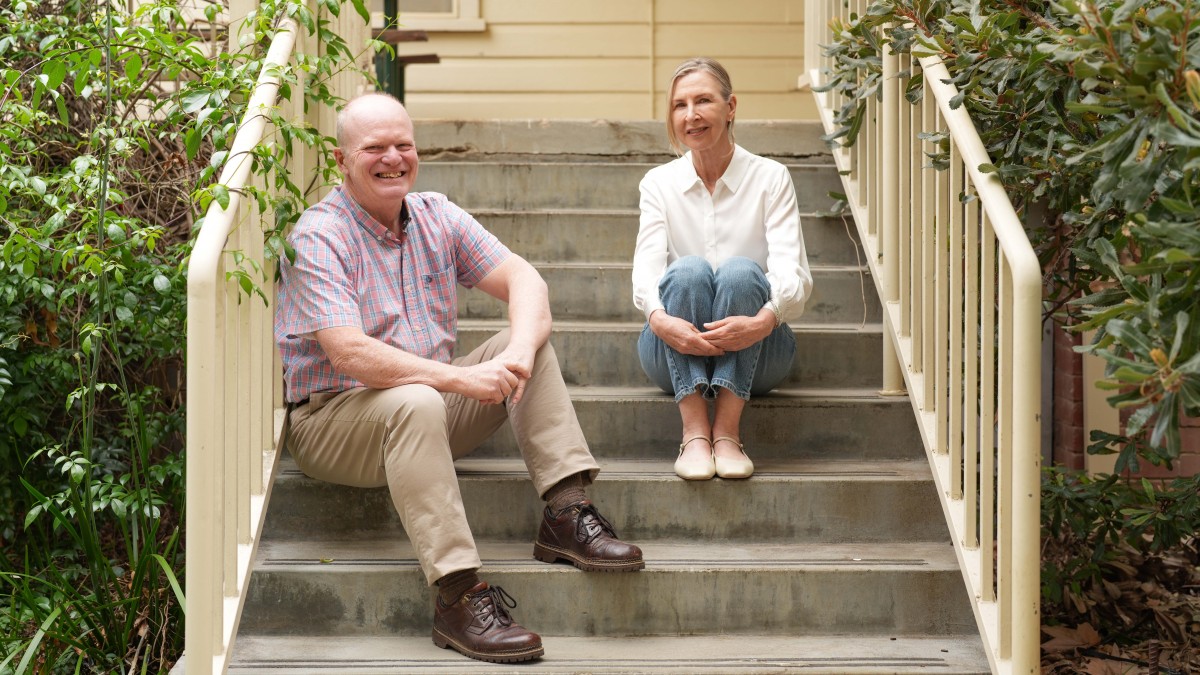The ongoing COVID-19 pandemic is associated with high levels of uncertainty, loss, frustration and change which has a direct impact on our mental health.
Experts at the ANU College of Health and Medicine are cultivating evidence-based research wellbeing strategies to support our community.
Planted early this year, the Mind Seeds Podcasts were aimed at supporting community to cope with crisis, loss, and change, and to help ease people’s distress in the pandemic.
Now, the Mind Seeds program is flourishing with a series of animated videos to help people think flexibly, and to practice self-compassion and mindfulness.
Mind Seeds is a collaboration of researchers and students in the ANU School of Psychology and ANU School of Population Health, led by Bruce Christensen, a Clinical Psychologist and Associate Dean, Culture and Wellbeing.
“We have a wealth of information and human capability housed in our Clinical Psychology Program and we wanted to make that more accessible to members of the community,” said Bruce.
“Our students have been integral to conceiving of and producing the videos. Through engaging narrative and simple animations they have helped convey experiences and insights in a new way that promises to have a considerable impact on the everyday lives of others.”
Dr Jo Lane is a Clinical Psychologist and Research Fellow at the Research School of Population Health, and a contributor to the Mind Seeds program.
“Our brain is an incredible organ, responsible for every process in our body – including thinking. But sometimes our brain thinks a little too much. Sometimes our thoughts can get stuck on the past or the future,” says Jo.
Whether through mindfulness or checking-in on our thinking, the Mind Seeds videos provide lots of ideas for managing worry, self-doubt, and other difficult emotions and thoughts.
According to Jo, “Our goal as mental health experts is to provide mental health care for everyone and the Mind Seeds resources are one way to help make this a reality.”
The Mind Seeds animated videos and podcasts are useful to everyone. They promote psychological wellbeing and are free and easily accessible.









